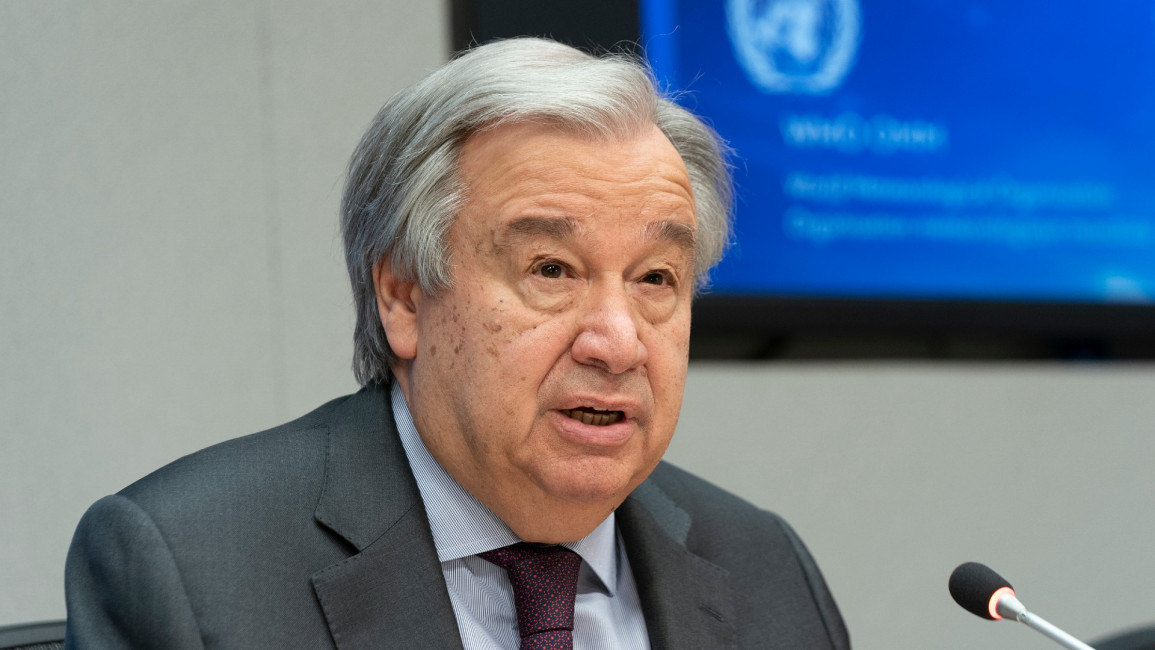UN chief seeks monitors for Libya's fragile ceasefire
UN chief Antonio Guterres has proposed international monitors to support Libya's fragile ceasefire amid hopes that foreign fighters will soon leave and the country can turn the page on a decade of war.
In a letter to Security Council members seen by AFP, the secretary-general asked to set up a monitoring group that would include civilians and retired soldiers from regional groups such as the African Union, European Union and Arab League.
The warring sides, which reached a ceasefire on October 23 in Geneva, both want to avoid armed and uniformed foreign troops, Guterres said.
"I call on all national, regional and international stakeholders to respect the provisions of the ceasefire agreement and ensure its implementation without delay," Guterres said in the letter dated Tuesday.
"I encourage member states and regional organizations to support the operationalization of the ceasefire mechanism, including by providing individual monitors under the auspices of the United Nations."
He called in particular for all nations to respect the UN arms embargo on Libya, which has been flagrantly violated.
Under the ceasefire, all foreign forces are to leave within three months. Khalifa Haftar, a warlord in eastern Libya, has enjoyed backing from Russia, Egypt, the United Arab Emirates and Saudi Arabia.
Haftar reached the truce after being driven back in an offensive by the UN-recognized Government of National Accord, which enjoys strong support from Turkey.
Under Guterres' proposal, which is likely to be debated in the new year, monitors would initially operate in a triangular section of Libya around Sirte -- the birthplace of former dictator Moamer Kadhafi, whose Western-supported overthrow in 2011 set off a decade of turmoil.
The monitors would join Libyan forces in reporting in the area on the ceasefire, withdrawal of foreign forces and removal of mines and other explosives.
Read also: UN chief Guterres warns Palestinian Territories facing 'grim realities'
The observers would expand to other parts of the country as conditions allow until they can be replaced by a unified Libyan national force.
While October's ceasefire has largely held, Haftar recently vowed to "drive out the occupier by faith, will and weapons," leading Turkey to warn of retaliation to any attack by the "war criminal."
In early December, UN envoy Stephanie Williams estimated that 20,000 foreign troops and mercenaries remained in the country in a "shocking violation of Libyan sovereignty."
Follow us on Facebook, Twitter and Instagram to stay connected



